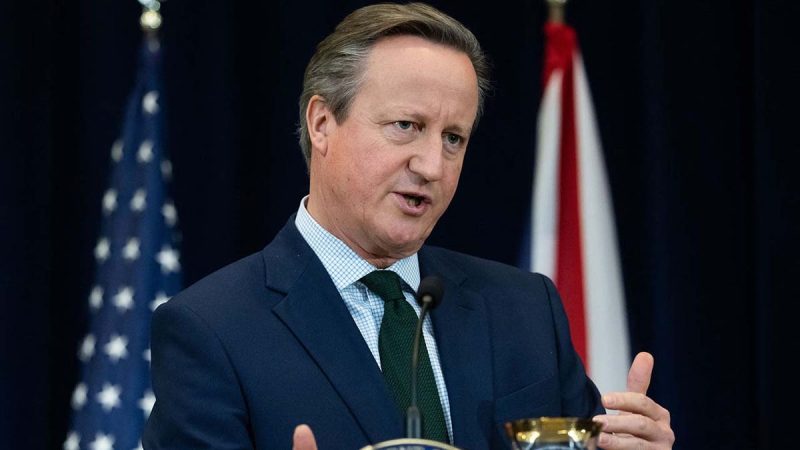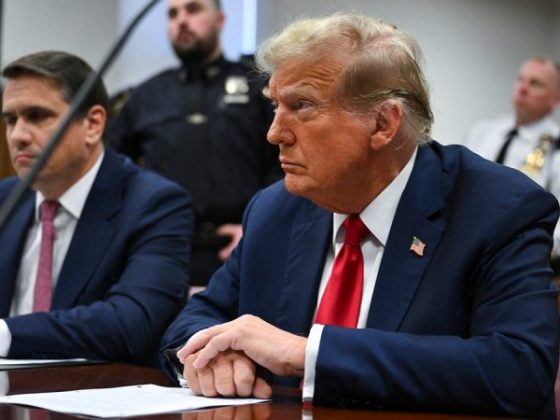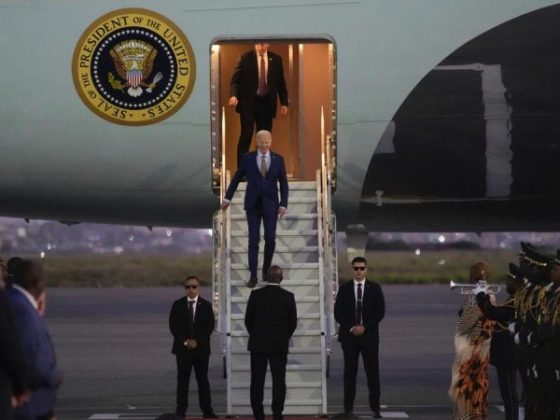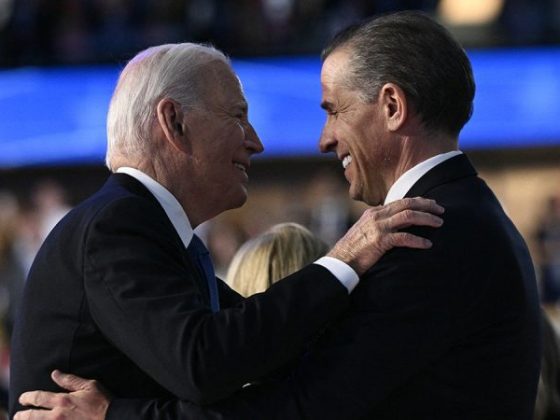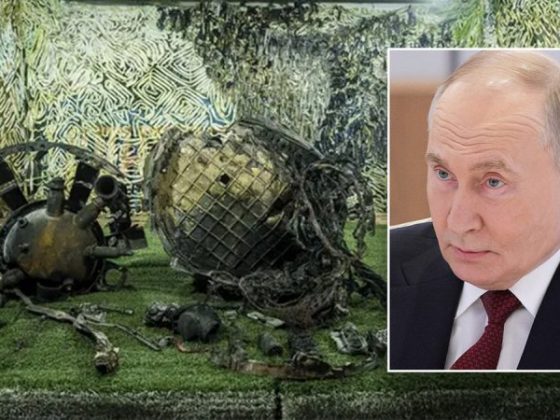As international tensions continue to rise in the Middle East, specifically between Israel and Iran, Western powers are making their positions known with strong pleas for calm and restraint. Recent altercations have created apprehension, as Iran allegedly attacked an Israeli-owned cargo ship. The Western nations, predominantly the United States and the European Union, are urging Israel to exercise restraint in its response to this provocation.
Western powers, over the years, have played significant roles in maintaining a relative balance in the Middle East while advocating for peace and diplomacy. Recently, they have found themselves in a position to mediate and limit any possible escalation between Israel and Iran.
In response to the alleged attack on the Israeli-owned ship, Israel, a country known for its powerful defense system and retaliatory capabilities, has hinted at a possible reaction. Western powers, aware of the potentially grave consequences of a full-blown conflict between these adversaries, have stepped in urgently calling for restraint.
The U.S., a long-term ally of Israel, has been unwavering in its call for calm. The Biden Administration has emphasized that while it condemns the attack on the Israeli-owned ship, it strongly advises against any form of aggressive retaliation from Israel. Instead, it is encouraging diplomatic resolutions and pushing for a thorough investigation into the attack. By doing this, the aim is to maintains global peace while also affirming its obligation to protecting its ally.
Similarly, the European Union, which plays a vital role in regulating international conflicts, has also urged Israel to restraint. It believes that a potential aggressive retaliation from Israel would amplify tensions in the region, ultimately destabilizing security there and affecting the global economy considering the strategic importance of the Middle East.
While these powers are understanding of Israel’s desire to respond defensively, they maintain that peaceful dialogue is more beneficial to both warring parties and the rest of the world. They are of the view that further aggression will only serve to worsen the already strained relationship between Israel and Iran.
In the midst of this, the role of international bodies, such as the United Nations, and their collaborative efforts with Western powers, are invaluable. These entities aim at de-escalating the situation, calling for discernment and caution in the handling of these affairs.
Israeli authorities are yet to confirm whether they will heed to these calls for restraint or choose to respond in a manner they deem appropriate. This decision is of global interest, and the world watches keenly, hoping for a response that does not further inflame the delicate situation.
In this high-stakes context, Western powers continually emphasize the virtues of temperance, diplomacy, and international law. Their role is essential in navigating these tensions and fostering an atmosphere where peace can be the preferable and winning option for all parties involved. Regardless of the complexity of the situation, the resolve for restraint, as pressed upon by Western powers, offers a pathway for resolutions that shift beyond the paradigm of destruction and towards mutual respect among nations.

